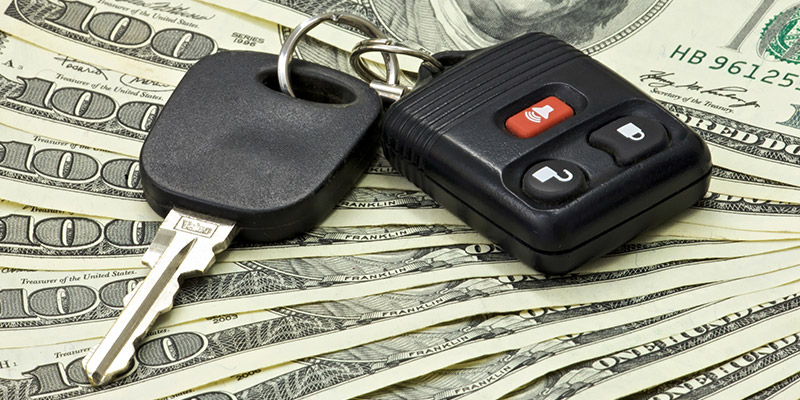Auto dealers face unique challenges when it comes to managing their receivables portfolios. Any dealer that also offers direct financing options, faces even more complications and uncertainty when it comes to collecting the money due to them. Most auto financing companies reduce their risk of lending by requiring that the dealerships repurchase any loans that are deemed uncollectible which means the buck stops with the dealership.
With all these risks, dealerships need a reliable financial backstop to purchase these troubled accounts or to help them through the recovery process in a way that maximizes recoveries while minimizing compliance risks associated with consumer debt collection.
To Sell or To Collect, That is the Question
When dealerships have outstanding balances due, they need to decide what method is best for their business. Do they want to sell the account at a discount to create immediate cash flow, or do they want to hold out in hopes of collecting the full amount through the repossession and remarketing of the securitized vehicle? Both options have benefits and risks, but it is up to each individual to weigh the options.
Selling Delinquent and Charged-Off Accounts
The easiest method for creating immediate cash flow from delinquent and charged-off accounts is to sell the accounts to a qualified debt buyer. By selling accounts, the dealership is able to get paid immediately and no longer needs to attempt to collect the debt themselves or deal with hiring and managing a collection agency. Debt buyers are willing to purchase accounts at all stages of the account lifecycle, acquiring both secured and unsecured portfolios. For many dealerships, this is the best option since it allows them to use the cash received to purchase and sell more vehicles. It keeps them focused on their core business and stops them from being distracted by the efforts required to compliantly recover owed funds.
Managing the Recovery Process on Behalf of Dealerships
For those dealerships that do not want to sell their accounts, alternative methods of recovery are available. Dealerships can leverage the expertise of professional collection agencies and collection law firms that can collect debts on behalf of the dealership. This method provides dealerships with more control of the treatment of their accounts but requires the attention to do so. This can be a major distraction from the core business of selling cars.
Comparing the Available Options
Dealerships that choose to use collection agencies or master services to recover account balances need to understand the economics behind using a collection agency as compared to selling accounts. Collection agencies charge fees ranging from 20% to 60% of the dollars collected. To truly measure the risks and rewards of both models, auto dealerships should consider consulting with a professional receivables management company that is certified with the Receivables Management Association.









